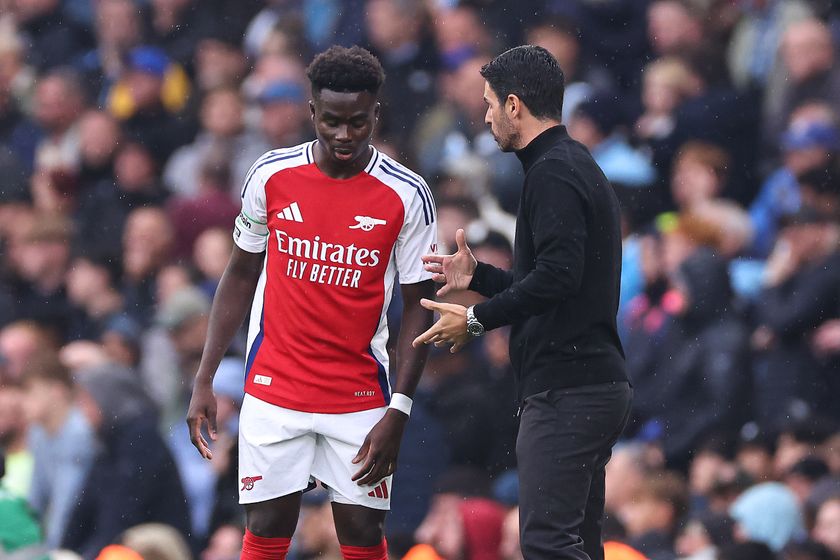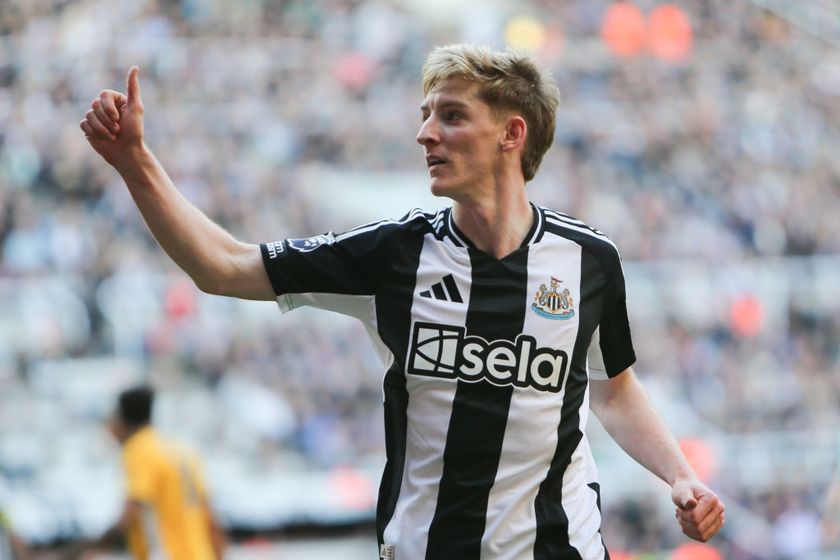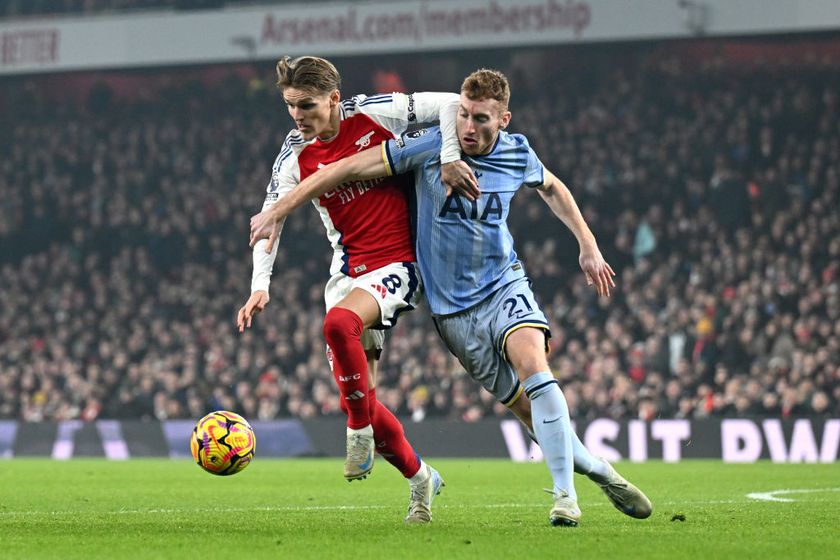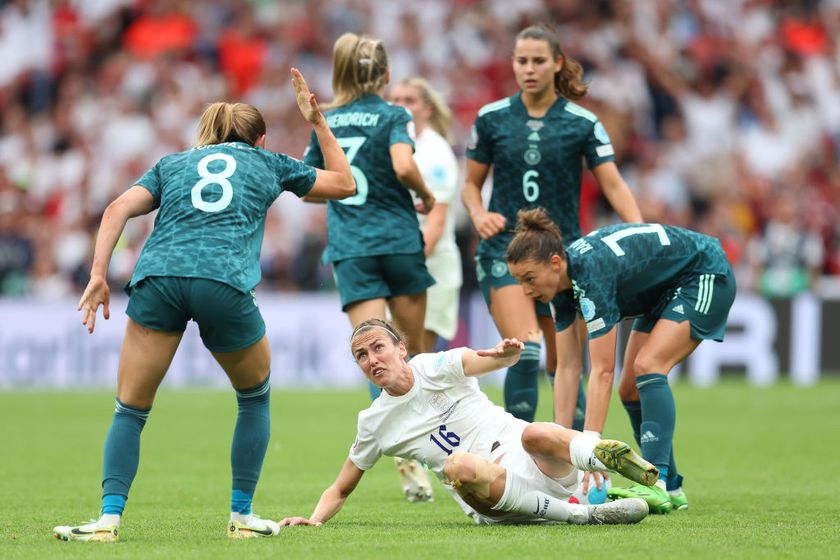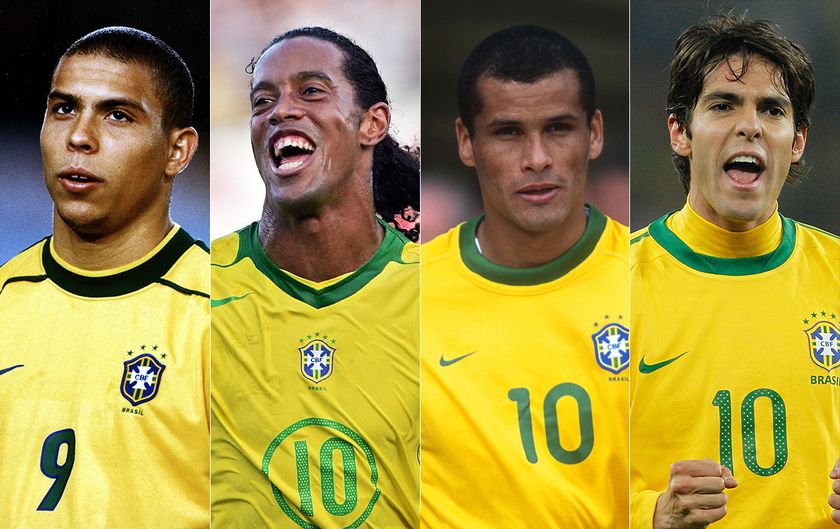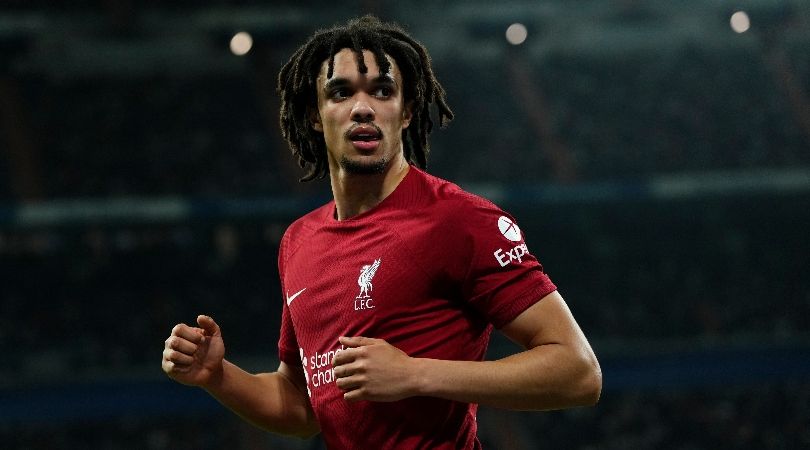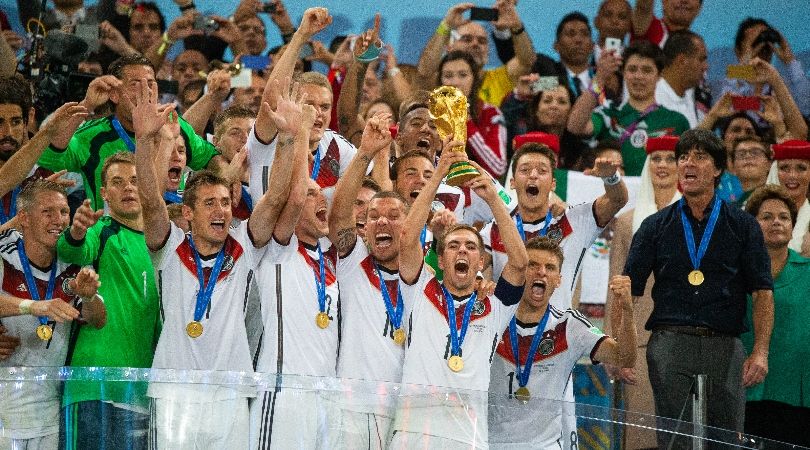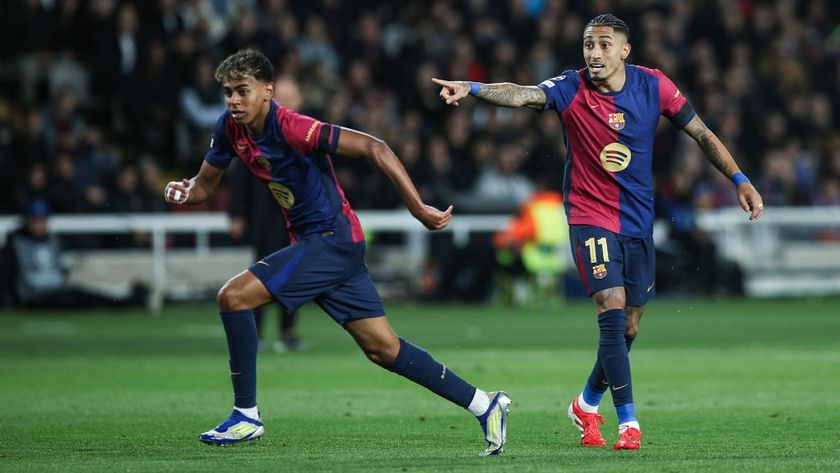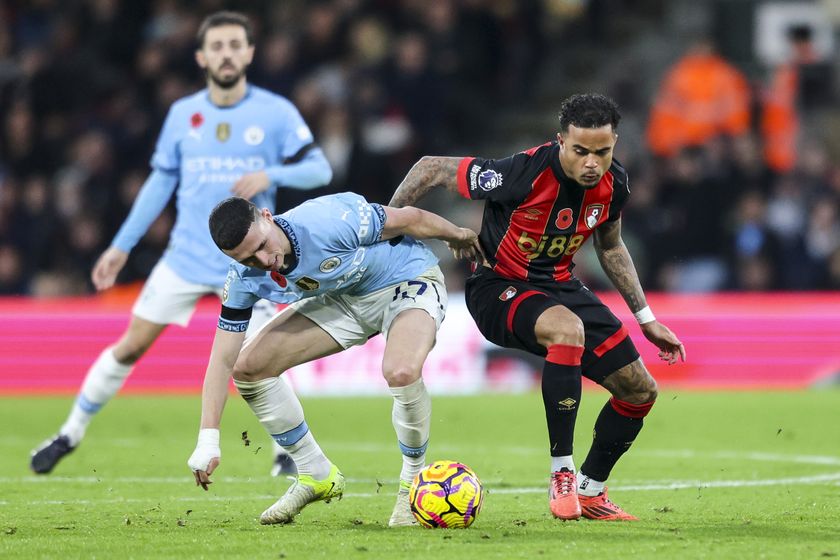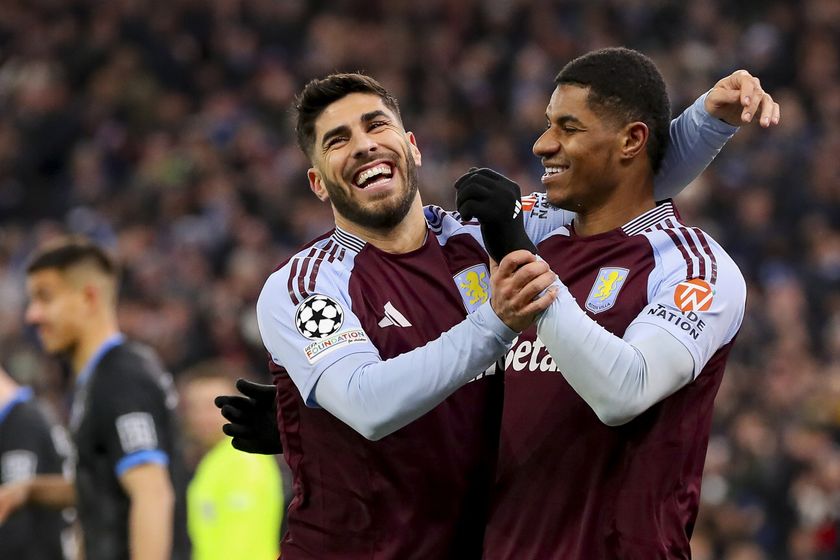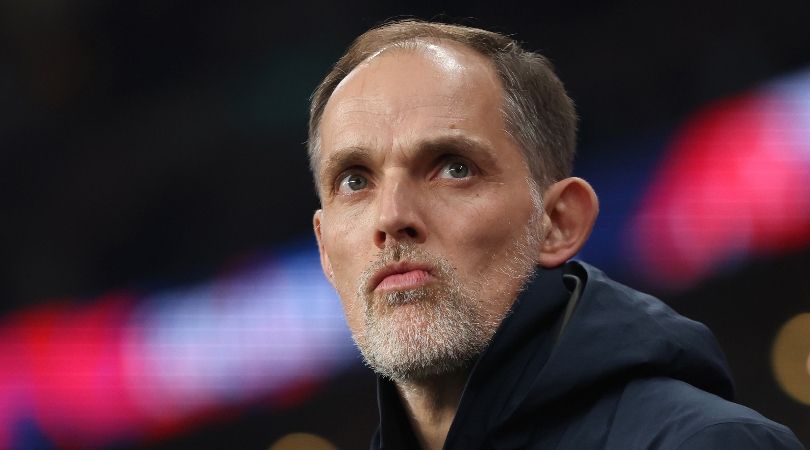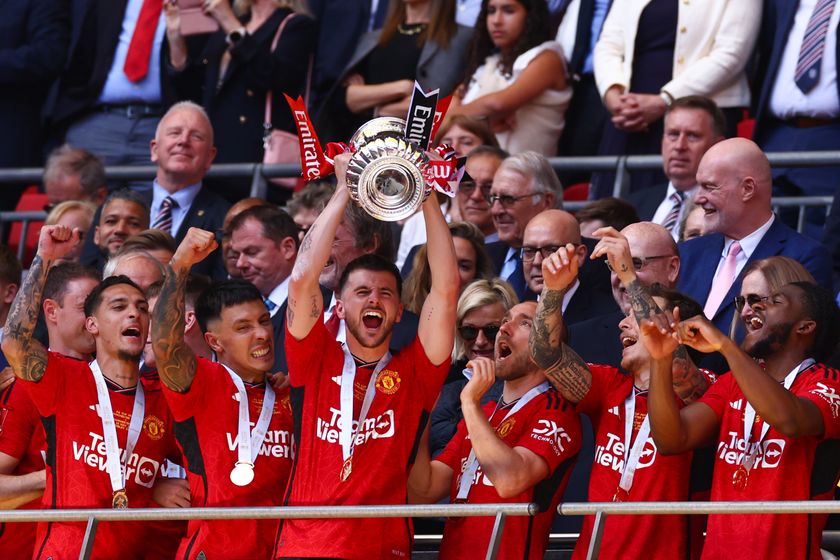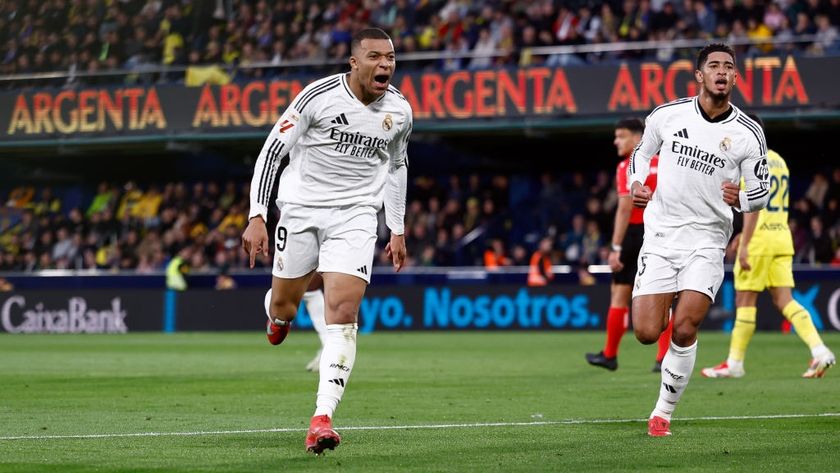No time for sentiment as Low's Germany prepare to face Klinsmann's USA – with time running out
They may have once worked alongside one another, but there's no time for favours, as Alima Hotakie explains...
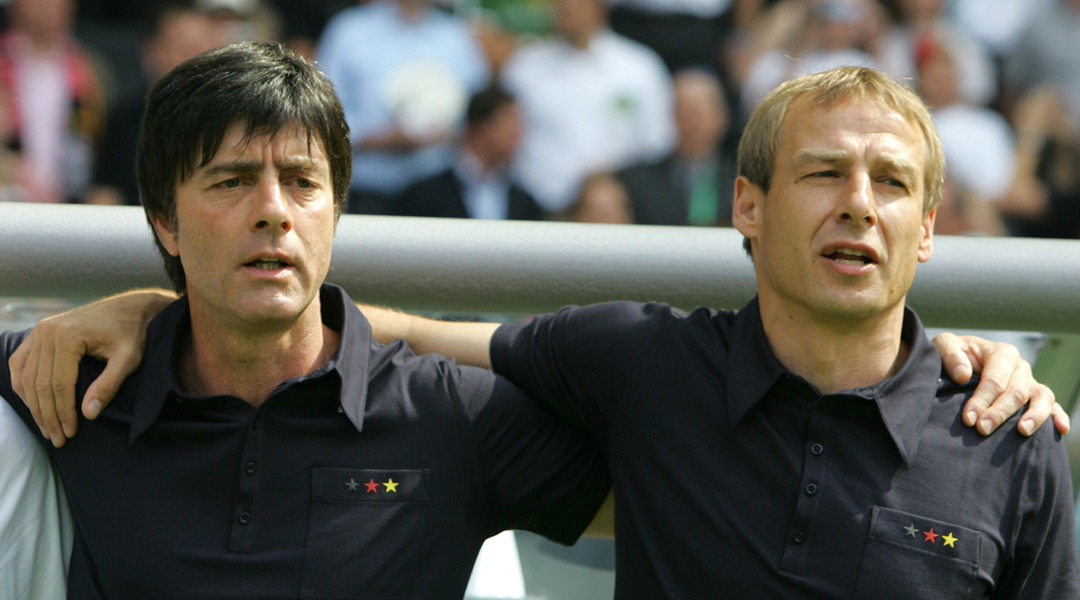
The last time Joachim Low and Jurgen Klinsmann shared a touchline in a World Cup was in 2006, when both were sat on the same bench rooting for die Nationalmannschaft. Klinsmann was the head coach, and Low his assistant.
The tournament left a romantic imprint in the consciousness of Germans nationwide. It was even referred to as the German Sommermaerchen (summer's tale), best remembered for uniting the country, instilling a feeling of national pride, and Klinsmann firing up his squad using Eminem's Lose Yourself en route to a third-place finish.
But as beautiful as all that was, this time around they won't be standing as cohorts. Instead they'll be trying to lead their respective teams from opposite sides of the world to the knockout stages of the tournament.
Certainly both coaches have some advantages coming into this match. Klinsmann naturally understands German football, both from his playing and coaching days. He's familiar with his former assistant coach's tactics, but the same goes for Jogi. He knows Klinsmann's shortcomings and motivational techniques probably better than anyone else.
But this isn't as much a personal battle between two former colleagues: for Germany it's time their golden generation brings home the silverware.
Safety first
Germany's performances carry passing grades so far. The match against Ghana, however, did reveal concerns that require some ironing out. Euro 2012 exposed Low's tactical mistakes, but his substitutions against the African side last week – bringing on Bastian Schweinsteiger and Miroslav Klose for Sami Khedira and Mario Gotze – were pleasingly effective. Schweini provided a burst of energy, and Klose the final touch of an instinctual striker as Germany came from 2-1 down to rescue a point. The striker also matched Ronaldo's World Cup scoring record of 15 goals in the process.
Get FourFourTwo Newsletter
The best features, fun and footballing quizzes, straight to your inbox every week.
Low has used the same starting lineup for the last two matches, with Mesut Ozil, Thomas Muller and Gotze as the forward trio, and Toni Kroos dropping slightly deeper. Opting for all midfielders in attack shouldn't come as a surprise, though – Low decided to enter the tournament with a single traditional striker in Klose. Even when Marco Reus was hit with a late injury earlier this month, he insisted on calling up defender Shkodran Mustafi instead of Hoffenheim forward Kevin Volland. While there's a lot of interchanging and overlaps up front among the trio, Muller usually positions himself in a centre-forward role, from where he was very effective against Portugal, but less so when facing Ghana.
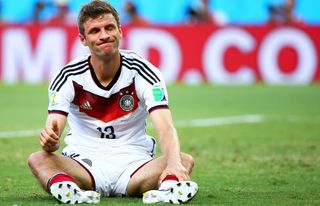
Although the match against Portugal was a goalfest for the German side, the team's efficiency in the final third remains a concern, something Low also raised before the World Cup kicked off. It was after their last friendly that Low stressed the importance of playing economically. After visiting Brazil last year he reiterated that tactics are only part of the equation; stamina, organisation and efficiency in the final third are the other main ingredients for successful performances. Gotze, Ozil and Kedira all missed a few easy chances against the Iberian side. Likewise, Lahm and Muller squandered good opportunities against Ghana, and it's these that could cost them in other games.
Jerome Boateng also talked about the impact of Brazil's playing conditions and how it will affect their game, perhaps explaining the four-centre-back defence that has left some scratching their heads.
"In these temperatures you can't always press and run down the flanks as you could in Poland and the Ukraine. The climate also feels different from Qatar, where we train with Bayern in the winter, or India, where we toured. In this World Cup it's about staying defensively secure. That's why we play with four centre-backs."
Moving back
Perhaps it's the heat and humidity, but the crushing pace of Germany's 2010 counter attacks are also lacking, and there's a tendency to make more passes than necessary when in transition, taking the momentum out of opportunities. It's another reason die Nationalmannschaft need to play with more caution when pushing forward and playing a higher defensive line. Ghana's wingers used their pace to exploit the space Germany's full-backs were leaving behind, especially Benedikt Hoewedes.
Whether due to exhaustion or simply carelessness, Germany gave away the ball far too often in the second half against Ghana, with one such mistake committed by Lahm (yes, it does happen sometimes) leading to the second goal. At times it seems the defence isn't getting the required protection from midfield, but the make-up of the back four itself raises some concerns, despite Boateng's reasoning. Both Boateng and Mustafi have looked exposed when playing at full-back, and this could be an area opposition teams target later in the tournament.
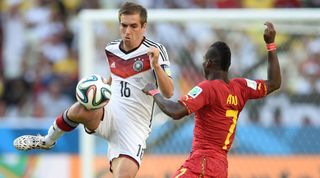
Some pundits would like to see Lahm return to the position that made him one of the best in the world, at right back. Former international Michael Ballack expressed his thoughts in the Koelner Express: "Don't misunderstand me," said the former Chelsea man. "Lahm is a super player in that position (midfield). But on the contrary to Bayern Munich, Lahm is needed in the back four for the national team. He's a lot more valuable there. He played there for many years. It's there where he developed into a world-class player."
Ballack also insisted that by Lahm playing in defensive midfield, he is taking the spot away from another top German player, Schweinsteiger. Of course, some may argue his comments have something to do with the fall-out he had with Low and Lahm surrounding his captaincy. But he's not alone. It seems all of the experts want to see Lahm return to his full-back position, including Jose Mourinho.
Further up the pitch, it seems pre-tournament concern and criticism of Mesut Ozil was also overblown. The Arsenal playmaker even lasted the full 90 minutes in Germany's second game of the group stage. And while he's done nothing spectacular yet, he has created plenty of chances and his defensive responsibilities have improved dramatically.
Muscle men
What does all this mean for Klinsmann? If there's a lesson he can take from Germany vs Ghana it's that his old team find it tough to play against athletic and physically imposing sides that offer plenty of speed in attack. Whether that has an impact of the USA's approach on Thursday remains to be seen. Klinsmann could sit deep and play a physical and defensive game, but Low could use Gotze and Ozil to work in those tight spaces. If Klinsmann's side get too physical, Germany could add their own muscle by bringing on the likes of Andre Schuerrle and Lukas Podolski, who would also offer more directness.
For Germany, time is running out. Never before has the country produced so many technically gifted players, but unlike in previous tournaments this German team has more altruistic reasons to succeed this time around. Not only does the team want to play for their injured team-mates, but also for former Formula One driver Michael Schumacher. Podolski recently told the media that Schumacher is wild about football, and winning the World Cup would make him happy.
While that's a noble motivator, Germany's disappointing finish to the last European Championship should leave this golden generation hungry to fulfil their potential.
